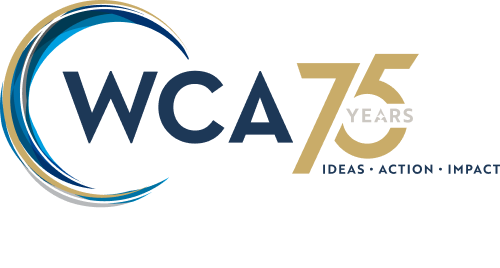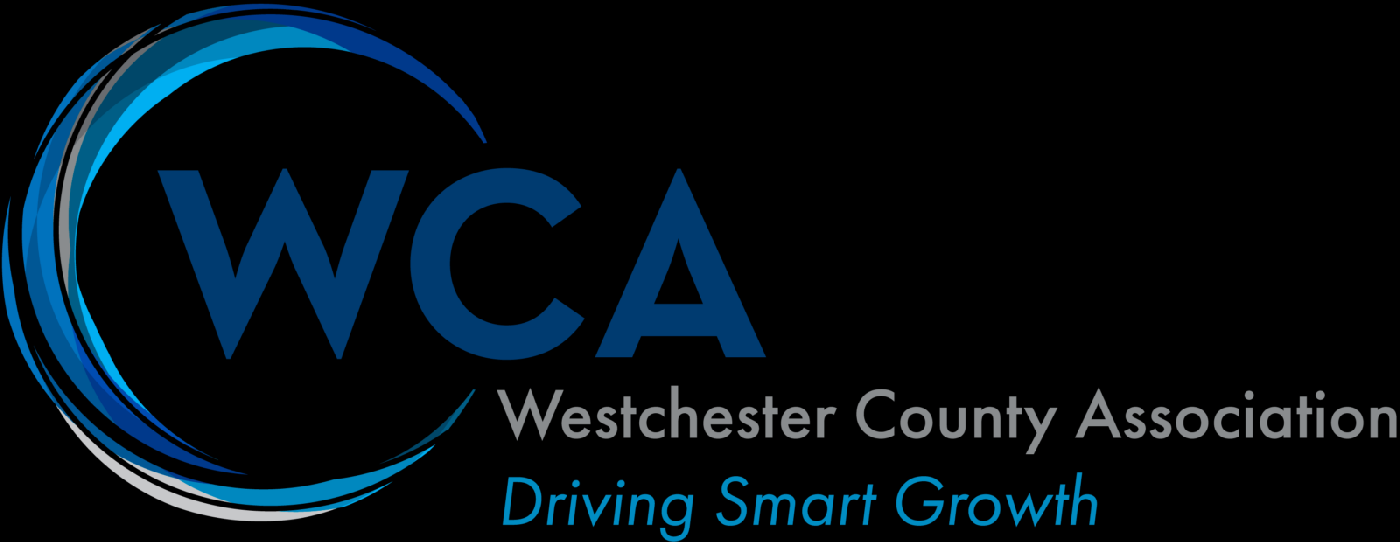White Plains, N.Y. (February 7, 2022) – The Westchester County Association (WCA) joined community leaders from Nonprofit Westchester (NPW), the Building and Realty Institute of Westchester and the Mid-Hudson Region (BRI), the Construction Industry Council of Westchester and Hudson Valley (CIC), and the Hudson Gateway Association of Realtors (HGAR) to put forth an advocacy letter urging government officials to find statewide solutions to Westchester’s housing crisis. These organizations represent an array of interests throughout the Hudson Valley, and they call upon government leaders to pass legislation which expands housing supply and benefits our economy, our workforce, and our communities.
The letter outlined the current need for change and legislation they would like to see put into action to benefit the region. The recent Westchester Housing Needs Assessment quantified an overwhelming need for affordable units in Westchester, including the need for 11,703 new units of construction to meet present-day demand, and simultaneously identified over twenty percent of Westchester County households as severely cost burdened – spending more than half their income on a place to live. Moreover, the toll of the crisis falls disproportionally upon the middle class, lower income people and populations, and Black and Hispanic/Latino communities who have been historically excluded from housing opportunities.
“The WCA stands side-by-side with the real estate industry, the building trades, and the nonprofit community to bring the importance of this issue to our state lawmakers,” said Michael N. Romita, President & CEO of the Westchester County Association. “The economic, social, and environmental costs of inadequate housing extend beyond local boundaries and affect the entire region. This is a statewide issue requiring comprehensive state-level solutions that strongly support accessory dwelling units, transit-oriented development, and smart growth zoning reforms to get this done.”
The WCA has been working on legal solutions to this issue through our real estate task force made up of leading developers, brokers, land use attorneys, architects and planning consultants, engineers and more. The task force advocates for development initiatives paving the way for smart growth in Westchester County. Additionally, their team also serves on the steering committee of The Building & Realty Institute’s Welcome Home Westchester campaign which combines several organizations dedicated to fighting against homelessness and supporting families in need. Together with faith leaders and community advocates, they work to drive forward a new conversation around housing in the county.
“Westchester County is facing a severe housing shortage, a climate emergency, and a legacy of housing segregation all at the same time. The budget proposals for accessory dwelling units and transit-oriented developments are modest enough not to meaningfully affect the number of single-family homes and mid-to-high rise buildings but would provide much needed ‘missing middle’ choices for our residents,” said Tim Foley, CEO of the Building & Realty Institute. “This would include duplexes, triplexes, townhouses, bungalow courtyards and other in-context dwellings of all shapes and sizes that would be the same approximate height and scale of existing housing within those neighborhoods. We can choose to take advantage of these reforms to build walkable communities with choices that many of our residents want, or we can choose to continue falling behind.”
Nonprofit Westchester has also helped to spearhead the YIMBY (Yes, In My Backyard) educational campaign of Westchester. This campaign focuses on educating communities about the drastic impact homelessness and housing inequality have had on the county.
“Affordable and safe housing is a critical issue that continues to disproportionately impact the people served by nonprofit organizations and the nonprofit workforce,” said Jan Fisher, Executive Director of Nonprofit Westchester. “The creation of accessory dwelling units and transit-oriented development supported in the governor’s budget are important steps in addressing economic and workforce issues that impact the quality of life for all residents and can begin to advance equity for people of color, people with disabilities, low-wage earners and others who have been systemically excluded from viable housing options.”
Progressing housing development is both good for the local economy and the community. It creates jobs and decreases the tax burden for essential services without overly encumbering school systems or stretching the delivery of those services. It integrates people of diverse backgrounds and fosters a sense of shared belonging. Laws that encourage transit-oriented development and accessory dwelling units are also better for the environment. The Environmental Protection Agency (EPA) has championed transit-oriented developments as a housing option that simultaneously decreases carbon emissions in the housing and transportation sector —the two areas where local communities can have the biggest impact on their carbon footprints.
“The Governor’s proposed budget contains legislation creating true incentives for accessory dwelling units and transit-oriented development. Westchester County and the entire Hudson Valley lacks affordable housing options,” said John T. Cooney Jr., Executive Director of Construction Industry Council of Westchester and Hudson Valley Inc. “In order for our local communities to thrive they need a range of housing options the Governor’s proposal helps create the sorely missing workforce housing layer. If our region cannot house and retain its workforce our tax base and the region’s economic vitality will die a slow death.”
Other states which share New York’s housing challenges have passed legislation to great effect. Ten states have enacted laws specifically encouraging accessory dwelling units. The legislation the WCA and partnering organizations are actively pushing action on include (1) the “Accessory Dwelling Unit Act of 2022”, Part AA of the Education, Labor and Family Assistance Bill; and (2) the “Transit Oriented Development Act of 2022”, Part EE of the Education, Labor and Family Assistance Bill but with the addition of explicit provisions to encourage the development of affordable housing.
“We need to stop just talking about the housing crisis in New York and start taking concrete steps to address the severe housing shortage.” said Richard Hagarty, CEO of the Hudson Gateway Association of Realtors. “The Governor’s proposed budget provides the opportunity to take meaningful action in addressing this crisis by stimulating the creation of accessory dwelling units as well as the creation of transit oriented development.”
The time is now for our state lawmakers to take advantage of this current opportunity and lead on solving our housing crisis rather than continuing to rely on a piecemeal, local jurisdictional approach. To read more about what this letter calls on legislators to act on, click HERE.
About Westchester County Association
The Westchester County Association is the most influential group of businesses and nonprofits in Westchester County and the surrounding region. A professional membership organization, the WCA is committed to smart growth, economic vitality, and presenting a strong independent voice on behalf of the professional community. Its key objectives are economic growth, business development, and policy advocacy on behalf of its members. For more information about the Westchester County Association, visit www.westchester.org.
Click here for a downloadable pdf of this article.

